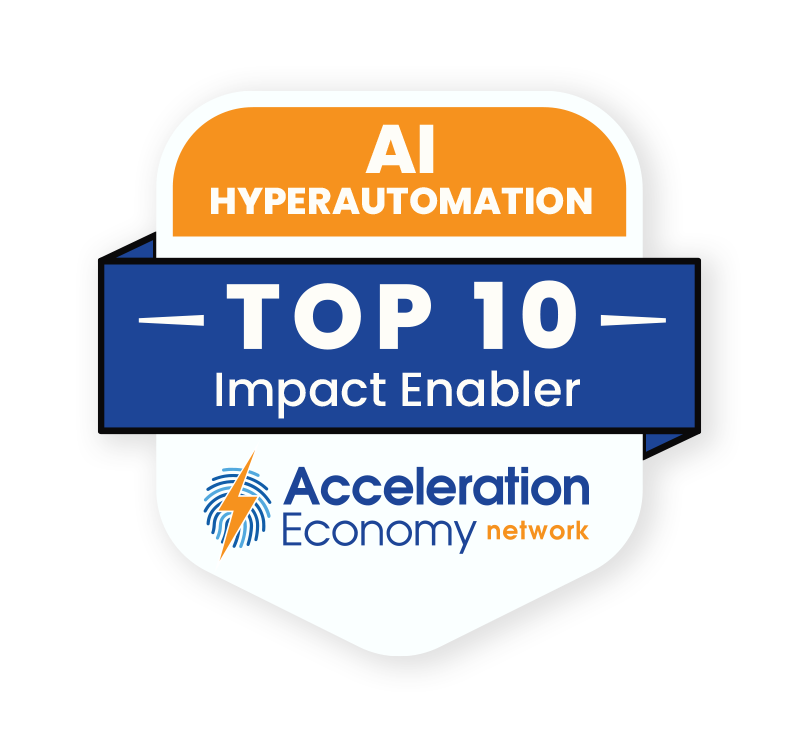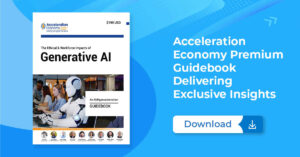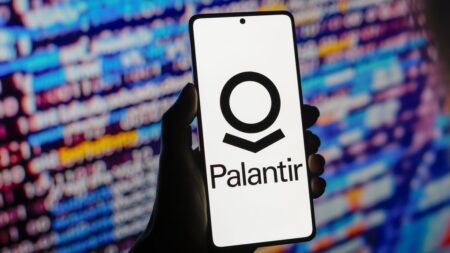Welcome to the AI Index Report, featuring practitioner analyst and entrepreneur Toni Witt. This series is intended to deliver the timely intelligence about artificial intelligence (AI) you need to get up to speed for an upcoming client engagement or board meeting.
Highlights
Innovation (00:27)

CoreWeave is focused on building GPU cloud compute. The company announced it’s spending $1.6 billion on a data center in Texas. According to CEO and co-founder Michael Intrator, this facility will help meet the demand for high-performance compute.
One advantage is that CoreWeave built its infrastructure and data centers from the ground up with machine learning model training in mind, as well as GPU-accelerated workflows.

Nvidia gave CoreWeave priority access to some of its chips and invested in the company as part of a $221 million fund-raising round. Two months after that, CoreWeave raised another $200 million. A few months ago, Microsoft signed a deal to use CoreWeave data centers for some of its Azure AI workloads.
Funding (05:01)

KPMG recently announced its additional $2 billion investment over the next five years into an expanded partnership with Microsoft. This partnership aims to double down on AI and cloud services. The company made this investment with the belief it will yield over $12 billion in revenue over the next five years. From this partnership, KPMG gained early access to Microsoft 365 Copilot and the Azure Cloud Platform.

In 2019, KPMG had a $5 billion investment into technology, $1 billion of which went into Microsoft. This isn’t an outlier case in the industry:
- In the spring, PwC said it’s investing $1 billion into generative AI over a three-year period.
- Ernst and Young pitched in $1 billion to improve its audit technology.
- Accenture announced that it’s pushing $3 billion into data and AI over three years.

As KMPG is a large company, it has much work that can be automated with the help of powerful AI systems. The implementation of this technology isn’t meant to replace workers but, rather, let them focus on higher-level strategy work and communicating directly with clients.

Which companies are the most important vendors in AI and hyperautomation? Check out the Acceleration Economy AI/Hyperautomation Top 10 Shortlist.
Product of the Week (07:14)

Jeli.io aims to help organizations navigate incidents better with its platform that enables businesses to have reports located in one place, making it easy to access and identify the where, the why, and the how of an incident using actual data.
The company recently announced that it’s adding generative AI services to its product. The “Catch Me Up” feature summarizes everything that has happened in relation to a particular incident and creates a report. With this feature, organizations can clearly communicate in critical moments and reduce the timeframe for incident response. For integrating generative AI capabilities, Jeli.io is using the OpenAI API. Also, the company is including source material in these reports so humans can double-check that the AI program isn’t hallucinating.











